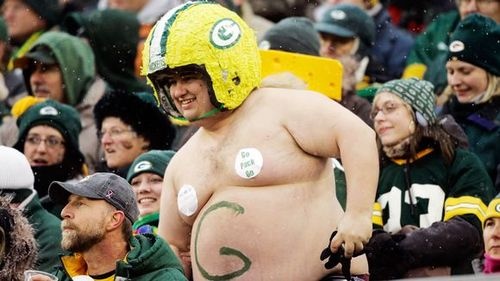
Those “Nutrition Facts” labels on nearly every food package in grocery stores are getting a new look.
Calories would be in larger, bolder type, and consumers would know whether foods have added sugars under label changes proposed by the Obama administration Thursday. Serving sizes would be updated to make them more realistic. A serving of ice cream, for example, would double to a full cup, closer to what people actually eat.
The proposed overhaul comes as nutritionists’ views have shifted. While fat was the focus two decades ago when the labels first were created, there is now more concern about how many calories we eat. And serving sizes have long been misleading, with many single-serving packages listing multiple servings, so their calorie count is lower.
The idea isn’t that people should eat more; it’s that they should understand how many calories are in what they are actually eating. The Food and Drug Administration says that by law, serving sizes must be based on actual consumption, not ideal consumption.
“Our guiding principle here is very simple, that you as a parent and a consumer should be able to walk into your local grocery store, pick up an item off the shelf and be able to tell whether it’s good for your family,” said first lady Michelle Obama, who joined the Food and Drug Administration in announcing the proposed changes at the White House.
Mrs. Obama made the announcement as part of her Let’s Move initiative to combat child obesity, which is celebrating its fourth anniversary. On Tuesday, she announced new Agriculture Department rules that would reduce marketing of less-healthful foods in schools.
New food labels would highlight calories and sugar – Yahoo News



